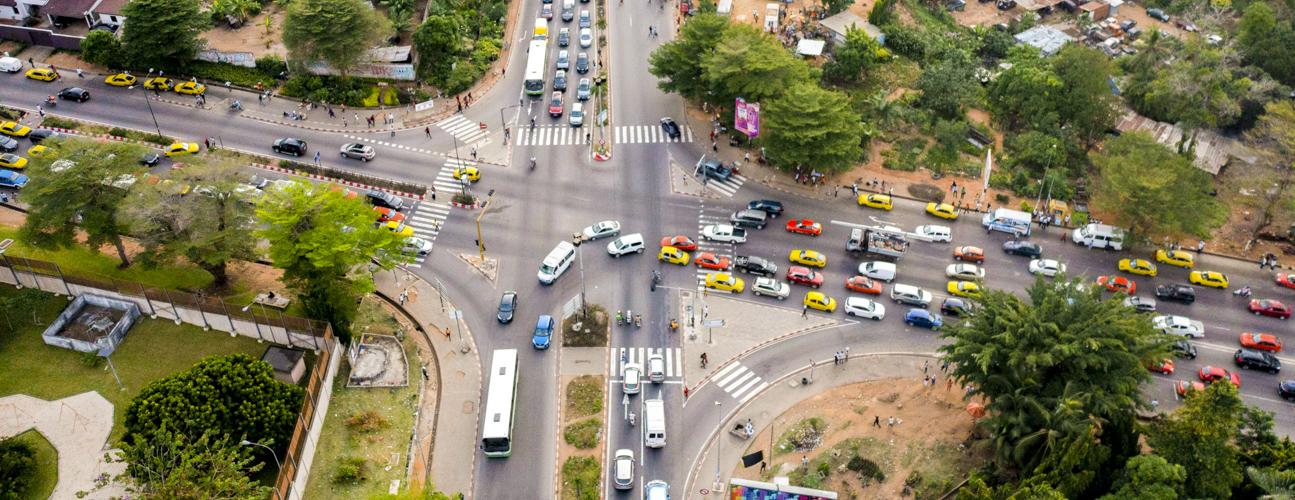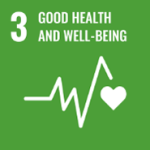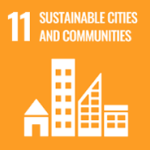
Areas of Impact
Country
Addressing the road safety challenge comprehensively calls for sufficient technical and financial capacity of local governments. The reality shows, however, that “the lack of specialist knowledge of creating safer roads, vehicles and road user behaviour, and for designing and operating well-functioning post-crash systems is a major barrier in many countries. Further, many countries and cities lack expertise in adapting Safe System principles to local conditions” (Global Plan 2021-2030).
Many cities, particularly in Africa and the Eastern Mediterranean Region, have been slow in addressing the road safety challenges. Priority is still given towards car-oriented transport policies that facilitate highway development, high speeds and urban sprawl. This is exacerbated by the lack of data on road safety, poor enforcement mechanisms, limited resource allocation from the national to the local level, lack of relevant city policies and action plans, as well as outdated regulations on urban and transport planning.
Road safety has become one of the biggest public health and safety challenges which countries in Africa and the Arab region currently face with regional rates of 26.6 and 17.9 deaths per 100,000 population, respectively. This situation is particularly alarming for vulnerable groups due to their age, gender, disability or poverty.
While the emphasis of interventions often focuses on the national level, cities have a critical role to play in complementing these actions by reinforcing national policies and implementing projects on the ground. Cities are responsible for prioritizing active mobility, upgrading public transport, introducing cleaner and safer technology for vehicles, or building public support for road safety through awareness campaigns
The proposed project recognizes that there is a great thirst from cities to exchange lessons learnt and inspiring practices among each other, at a moment when there is no time for further delays.
To respond to the aforementioned challenges, this project proposes to establish the Alliance of Cities for Road Safety (ACRoS) that aims to become a one-stop shop for cities to engage in capacity building, receive technical advice, implement catalytic action and benefit from city-to-city exchange.
The main objective of ACRoS is to provide an open platform for cities to be inspired, learn and exchange in order to find the most appropriate local solutions to solve their road safety challenges while contributing to the climate goals.
The project intends to have a significant impact on the reduction of road safety fatalities in African and Eastern Mediterranean cities. Anchored in the principles of the “Safe System Approach.
1
TO PROVIDE A PLATFORM FOR CITIES TO LEARN IN ORDER TO FIND THE MOST APPROPRIATE LOCAL SOLUTIONS TO SOLVE THEIR ROAD SAFETY CHALLENGES WHILE CONTRIBUTING TO CLIMATE GOALS.
2
TO INSPIRE AND BUILD THE CAPACITY OF CITIES TO IMPROVE ROAD SAFETY MANAGEMENT IN ALIGNMENT WITH THE SAFE SYSTEMS APPROACH, COMPLEMENTARY TO THE NATIONAL POLICY FRAMEWORK
3
TO REDUCE ROAD CRASH FATALITIES THROUGH CATALYTIC PILOT INITIATIVES AT THE CITY AND NEIGHBOURHOOD LEVEL WITH STRONG PARTICIPATION OF VULNERABLE GROUPS
4
TO SECURE ADDITIONAL INVESTMENT IN ROAD SAFETY AND SUSTAINABLE MOBILITY TO SCALE UP INTERVENTIONS AT THE CITY LEVEL
5
TO BRING TOGETHER EXISTING ROAD SAFETY INITIATIVES TO ENSURE SYNERGIES AND PEER LEARNING







